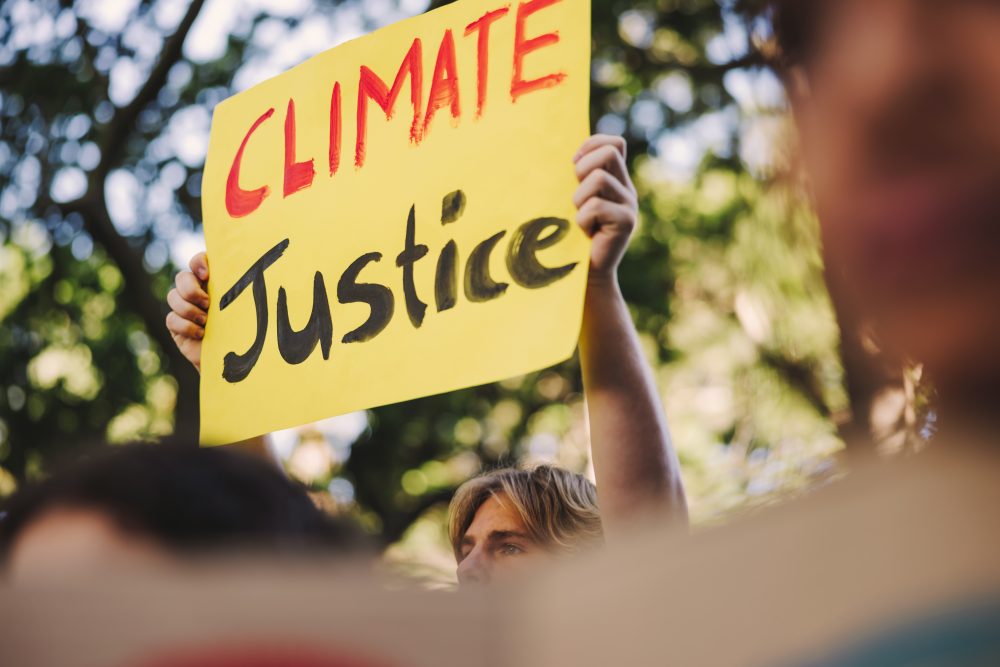
Climate justice is distinct from climate science: it is a concept that addresses the just division, fair sharing, and equitable distribution of the burdens (and possibly benefits) of climate change and responsibilities to deal with climate change. The goal of the institute to emerge from this planning session will build a robust network of international partners and a rigorous framework for refining and defining what climate justice vis-à-vis design means and why the humanities are essential to a holistic approach to climate change studies. The session will deepen our respective institutions’ commitments to climate justice and will promote some tangible solutions to issues of climate justice. The planning session will lay the groundwork for promoting new scholarship on the topic of climate justice as a design problem and will model the belief that research on inherently transnational and global topics like climate change necessitates collaboration and a displacement of the Global North from the center of discourse.
The global north is overwhelmingly responsible for the carbon emissions that will continue to alter the state of our planet so there is a strong ethical responsibility here for polluting countries to address issues related to the fallout of climate change through migration schemes, reparations, or other mechanisms like design. There is also a strong aspect of intergenerational justice to any discussion on climate justice: what do we today owe those of future generations and how do we effectively communicate the concept of intergenerational justice from the ground up? What do we owe the animal and plant world for the havoc we have wrought on their environments? Finally, how do we develop all of these themes from the ground up so that they effectively infiltrate policy decisions?
The purpose our “Climate Justice by Design” grant proposal is to raise the funds necessary to convene a planning session of five partner universities necessary for their successful preparation of an application for a Global Humanities Institute (GHI) grant from the Consortium of Humanities Centers and Institutes (CHCI). Climate justice is not just a topic that needs to be engaged by the humanities. It is also a topic that needs to be intrinsically global and this is why a WUN RDF grant is an appropriate place for us to start this collaborative goal. Unlike certain legal and political decisions, climate policy is intrinsically global policy. What decisions are made in Rochester impact those in Accra, in Monterrey, in Leeds and in Auckland. And vice verse. At the risk of underscoring a cliché: we are in this together.